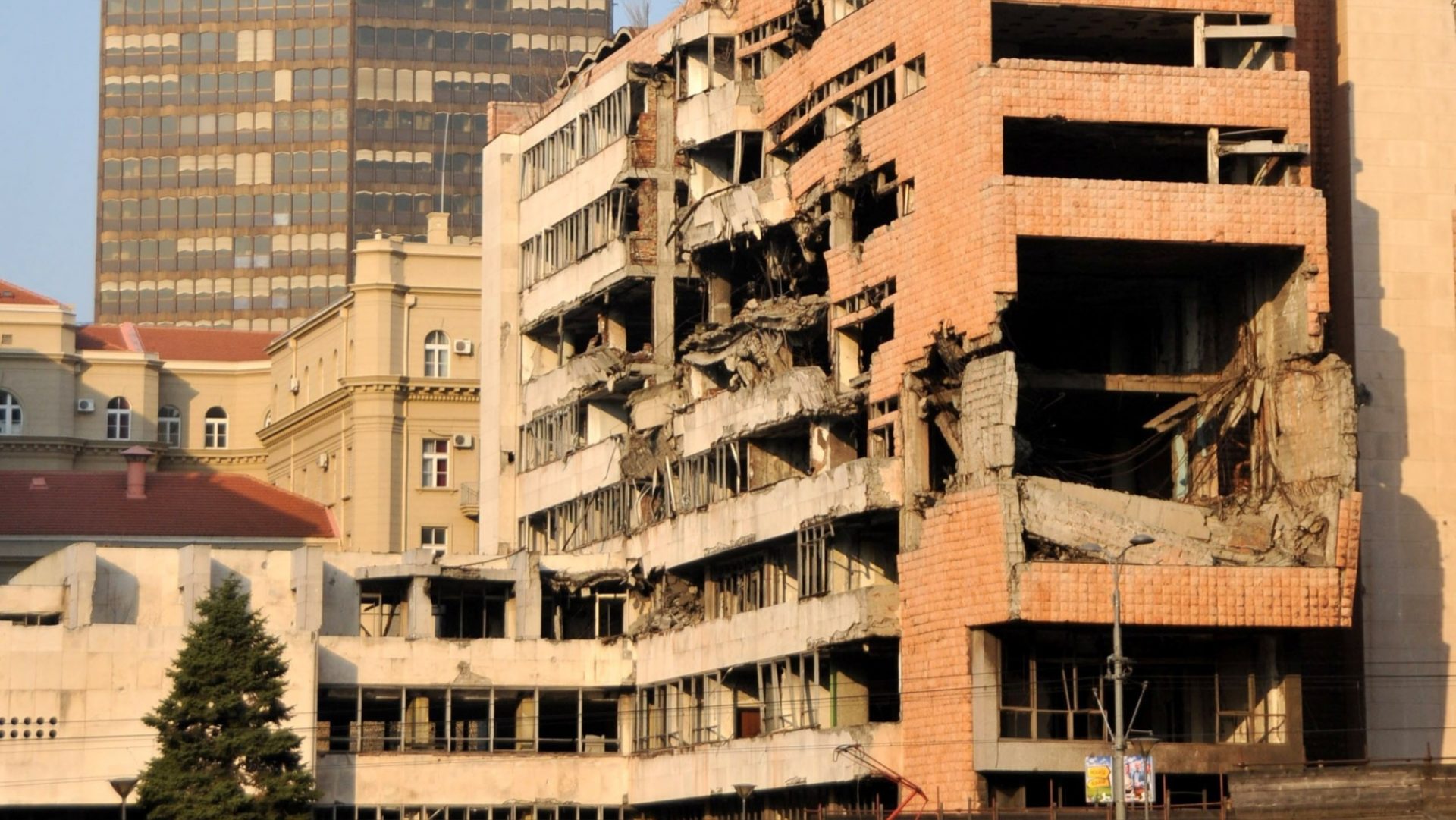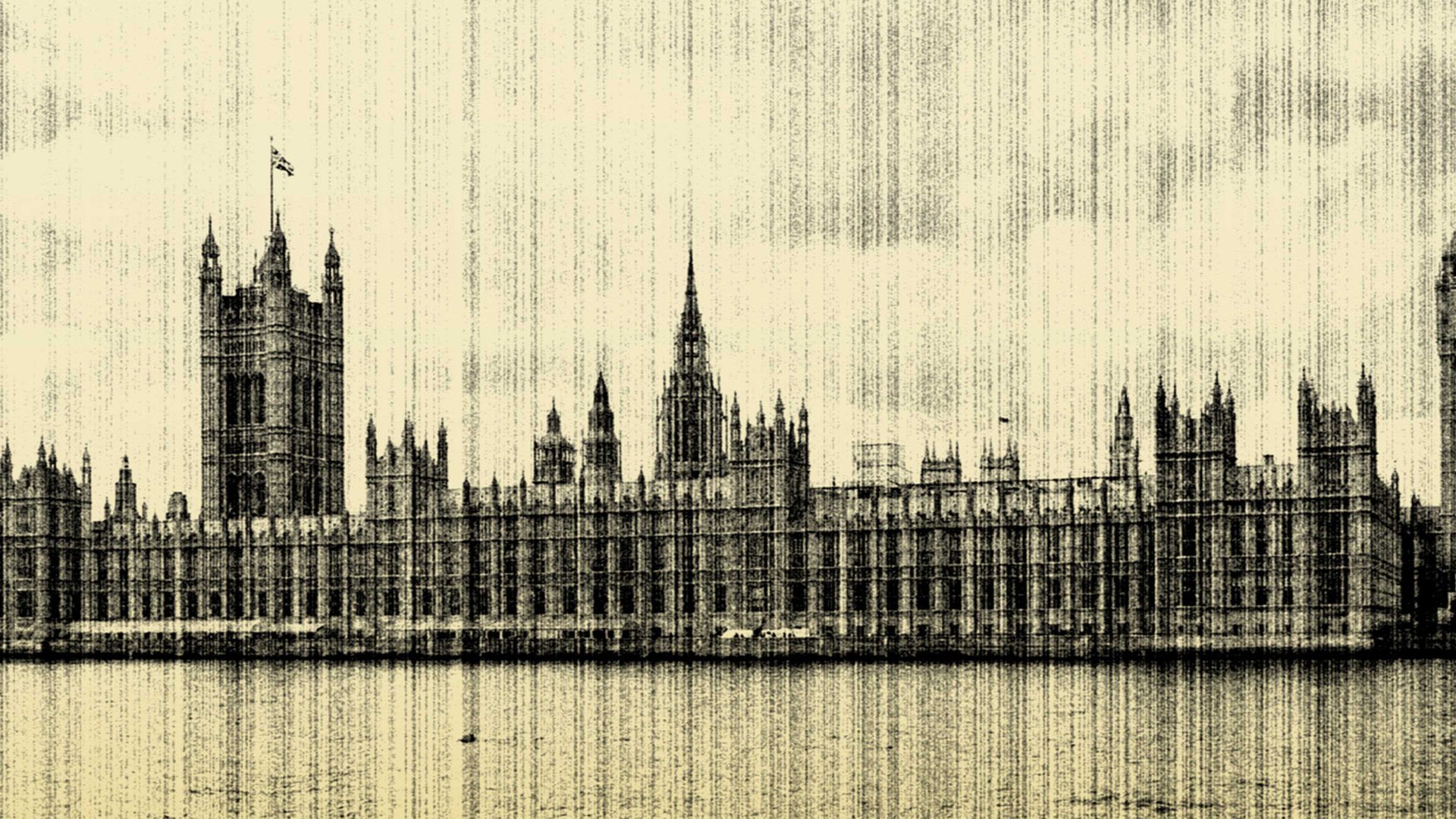Nothing says “welcome” like a bombed-out building. That’s been Serbia’s philosophy since 1999, when Nato airstrikes hit the Ministry of Defence complex in Belgrade. But that may soon change, thanks to a deal with the son-in-law of the man who may, by the start of next year, be the president of the United States.
My first encounter with the blasted buildings of Belgrade came in 2012. The transfer from Nikola Tesla Airport took me down Kneza Milosa Street, a wide boulevard haunted by the ghosts of a turbulent recent history.
To the left was the US embassy, torched by a mob in 2008, when Kosovo unilaterally declared its independence. A little further along was the park where, five years earlier, prime minister Zoran Đinđić was assassinated.
And on the right, like a smile with a row of broken teeth, stood the shattered remains of the Ministry of Defence. Belgrade was my home for five years, and the bombed buildings became part of the landscape. But for Serbia, the fate of the Ministry of Defence complex reflects an ongoing narrative about the events of 1999 – and the way the country sees itself.
The buildings were originally built to welcome visitors to the capital of Tito’s Socialist Federal Republic of Yugoslavia. The country had emerged from the second world war as one of the good guys after its heroic partisan resistance against Nazi occupation. Yugoslavia skilfully maintained friendships with east and west, while its citizens enjoyed the freedom of movement denied to Soviet satellites.
With the optimism of the 1960s in full swing, the architect Nikola Dobrović created two structures on either side of Nemanjina Street. Viewed together, the Ministry of Defence buildings took the form of a gate, welcoming visitors to the city as they came up the hill from Belgrade’s main railway station.
But their bombed-out appearance lent them a completely different significance. This was no longer one of the triumphant good guys, prospering and heading in the right direction. Now, Serbia was hurt, confused, unsure which way to turn.
To this day, Nato – and its member states – portray the airstrikes as regrettable but righteous, playing a key role in forcing then-president Slobodan Milošević to end his persecution of ethnic Albanians in Kosovo. That’s a minority view in Serbia, where most people view the airstrikes as an illegal assault, with civilians among the casualties.
Part of one of the buildings still contained offices a couple of years into my time in Belgrade and I paid a visit, in the agreeable company of Major Jovan Krivokapić. He gave me a guided tour, and explained that the structure was deteriorating. Something needed to be done.
In the past few years, some limited demolition and structural work has stabilised the buildings. But a more radical change is imminent.
The government has agreed a contract with an outfit called Affinity Global to redevelop the site. This is causing all sorts of kerfuffle. Not just because it is an American company, but because its founder is Jared Kushner, Donald Trump’s son-in-law.
In some ways, the decision isn’t surprising. Before he became US president in 2016, Trump expressed interest in building a hotel on the site. And opposition movements in Serbia have long accused the government of allowing foreign investors to profit from public property. They cite, as a prime example, the Belgrade Waterfront project, constructed by Emirati developers on land owned by Serbia’s railways.
The protests are already under way. Architects bemoan the lack of consultation – and the impending erasure of Yugoslav architectural heritage. And opposition movements are planning to replicate the “Don’t Drown Belgrade” protests, which ultimately did nothing to stop the Belgrade Waterfront development.
Details about Jared Kushner’s plans for the Ministry of Defence buildings are limited. A hotel is in the offing. But there’s a twist – the contract stipulates that a memorial “dedicated to victims of Nato aggression” must form part of the development. Trump has made his feelings about Nato very clear. It’s unlikely his son-in-law will see the memorial as much of a problem.
Guy De Launey is a Balkans correspondent for outlets including BBC World and Monocle



